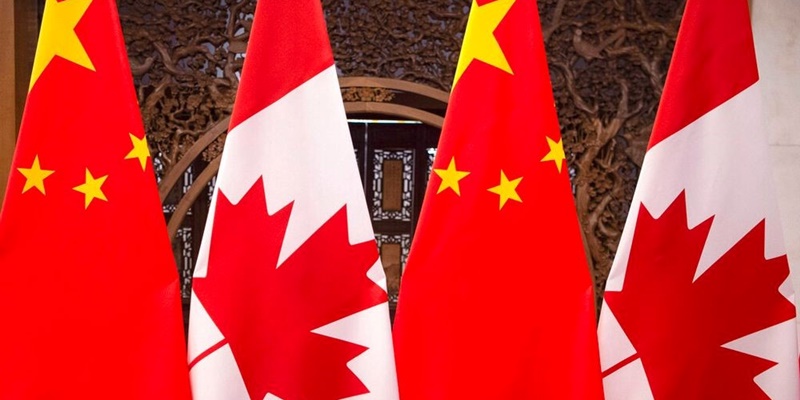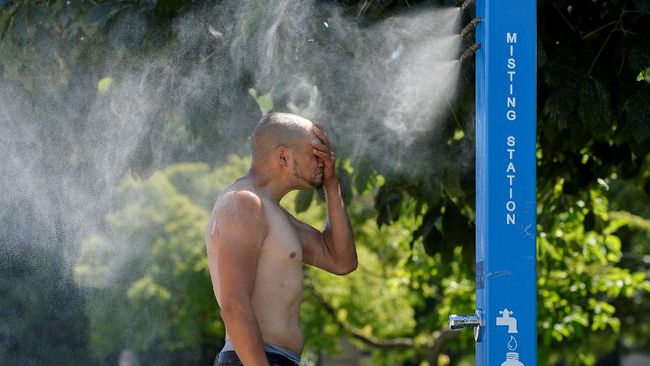Guilbeault is the first Canadian minister to visit China in four years.
He is expected to attend the annual meeting of the China Council for International Cooperation on Environment and Development (CCICED), a high-level international advisory body, which starts from Monday (28/8) to Wednesday (30/8).
Guilbeault said two important issues he wanted to raise in Beijing were reducing methane emissions and global renewable energy targets, which are being discussed ahead of the United Nations climate change conference later This year.
He also wishes to follow up on the results obtained during the second part of the Conference of the Parties (COP15) of the United Nations Convention on Biological Diversity (CBD), organized by Canada and chaired by China at the end of the last year, according to Reuters.
Experts argue that Guilbeault’s visit could be seen as an opportunity to defuse tensions in China-Canada relations, as climate cooperation has always been a window to dispel the ideology of cooperation between China and the West, and this could then spill over into other areas.
“China and Canada are signatories to the Paris Agreement on climate change and are committed to reducing carbon emissions,” Ma Jun, director of the Beijing-based Institute of Public and Environmental Affairs, was quoted as saying. by the Global Times on Monday (28). /8).
“As major countries in the traditional energy chain, the two countries have many prospects for cooperation in the field of energy transformation,” he said.
“The two countries can also further strengthen cooperation in technological innovation in renewable energy,” Ma said.
Ma said Canada is facing widespread wildfires, a natural disaster that has led to significant excess carbon emissions.
“This further highlights the importance of a common global response to climate issues,” he said.
Xia Guohan, founder and director of Zonghengce Strategy Institute and researcher at think tank Charhar Institute also commented.
“Maintaining global carbon markets could be another potential area of cooperation,” Xia said.
Xia stressed that Guilbeault’s visit to China, amid prolonged tensions, was a signal of peace between the two sides.
“Addressing climate change is one of the key areas in which China and the West have generally succeeded in de-ideologizing and achieving cooperation, and the window for cooperation is still open,” he said. declared.
China welcomed the visit of US climate envoy John Kerry in early July 2023. Other major countries, including France and Germany, have also recently sent climate representatives to China.
“Climate cooperation can be a gateway to improving bilateral relations,” Xia said. “If relevant cooperation agreements can be concluded, this can naturally be an opportunity to strengthen cooperation and expand it to other areas.”
However, some observers remain skeptical that Guilbeault’s visit to China will result in substantive cooperation, given Canada’s limited ability to reduce emissions.
“If the Canadian minister demands that China accelerate its carbon emissions cap and carbon neutrality goals in a patronizing tone, the result could be counterproductive,” Xia said.
Sino-Canadian relations deteriorated in 2018 when the Canadian government arrested Huawei’s Meng Wanzhou at the request of the US government while she was on a transit flight in Vancouver. Bilateral relations have not recovered since.
Find hot and trusted news from RMOL political news agency at Google News.
To be continued please click on the asterisk.

“Travel nerd. Social media evangelist. Zombie junkie. Total creator. Avid webaholic. Friend of animals everywhere. Future teen idol.”


:strip_icc():format(jpeg)/kly-media-production/medias/3387188/original/007486800_1614303448-banner__1_.jpg)



